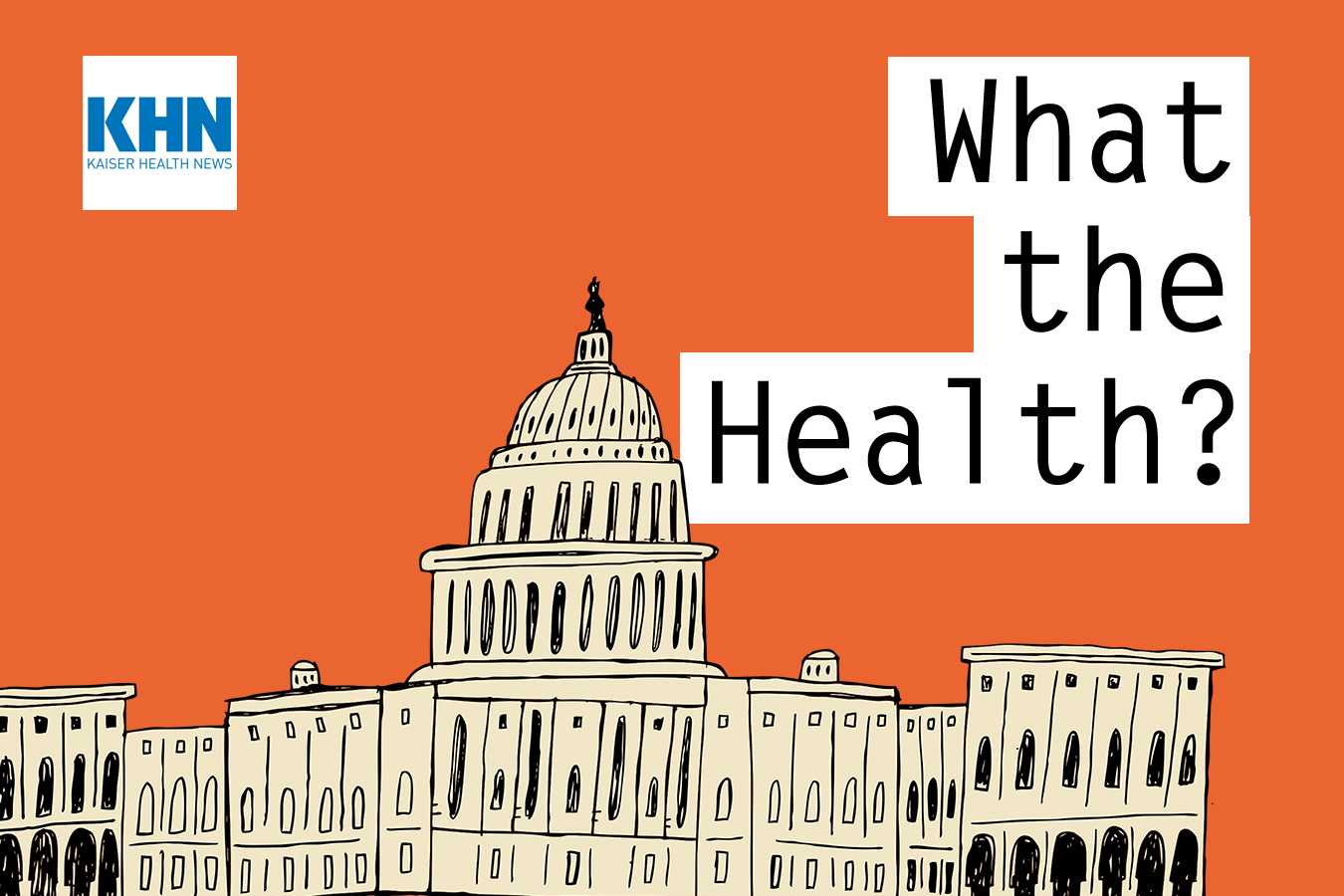
Can’t see the audio player? Click here to listen on SoundCloud.
As we gain more and more information about the coronavirus and COVID-19, we seem to have less and less understanding of how the disease works and how prevalent it is in areas around the country and world.
Not only does the information keep changing as scientists sift through the data, but the inability of some experts to make that information understandable to the public further confuses matters. Most recently, the World Health Organization had to walk back comments from one of its top leaders about the asymptomatic transmission of the virus.
Meanwhile, Congress seems to have put on the back burner another round of legislation to help those most affected by the virus and accompanying economic shutdowns. And the devastation the virus has unleashed on the nation’s nursing homes and long-term care facilities continues to get less attention than it should, given that nursing homes alone account for almost a third of all COVID-19 deaths in the U.S.
This week’s panelists are Julie Rovner of Kaiser Health News, Margot Sanger-Katz of The New York Times, Paige Winfield Cunningham of The Washington Post and Mary Ellen McIntire of CQ Roll Call.
Among the takeaways from this week’s podcast:
- The recent turnaround by the World Health Organization on whether the coronavirus can be transmitted by asymptomatic carriers points to the many difficulties public health officials have in communicating to the public about the disease. Although knowledge about the virus is developing rapidly, there are still too many mysteries about how it operates.
- Even scientists well schooled in disease transmission are confused about how to handle the coronavirus. The New York Times’ survey of epidemiologists found a surprising diversity of views on what activities they consider safe.
- As people weigh their risks with the reopening of many governments and businesses around the country, some activities, such as schooling for children, may be considered of such importance that they opt to go forward despite the risk.
- Congress appears to be in no hurry to move on another funding bill to provide relief to health care organizations or people who have been forced out of work. The House is not in town until later this month, so it would appear unlikely that lawmakers could pass anything before their July Fourth recess.
- The Trump administration still hasn’t pushed out all the funding that was already approved, but it announced this week it is finally making some of those funds available to health care providers who generally work with low-income patients and are paid through Medicaid. Part of the problem lies in the way the relief bills were written: The federal government had to disburse the money and couldn’t let the states do it. Generally, states make the reimbursements for Medicaid, so they were the ones with the needed lists of providers and their financial information.
- The COVID-19 pandemic has taken a huge toll on nursing homes, leading to large numbers of residents and staff becoming become ill or dying. Such catastrophes may help focus attention on long-term problems that plague these facilities.
Also this week, Rovner interviews Michael Mackert, director of the Center for Health Communication at the University of Texas-Austin’s Dell Medical School. Mackert, who teaches in both the medical school and the university’s Stan Richards School of Advertising and Public Relations, talks about why health experts have had such a difficult time explaining what the public needs to know about the virus.
Plus, for extra credit, the panelists recommend their favorite health policy stories of the week they think you should read too:
Julie Rovner: The New York Times’ “Hospitals Got Bailouts and Furloughed Thousands While Paying C.E.O.s Millions” by Jessica Silver-Greenberg, Jesse Drucker and David Enrich
Margot Sanger-Katz: The Washington Post’s “Coronavirus Infections Haven’t Spiked Since Europe Loosened Lockdowns. There Are Many Theories About Why” by Chico Harlan, Loveday Morris, Michael Birnbaum and Stephano Pitrelli
Paige Winfield Cunningham: The Baton Rouge Advocate’s “Louisiana Is Spending Millions on Contact Tracing. But Less Than Half of Infected Are Answering the Phone” by Sam Karlin
Mary Ellen McIntire: The Washington Post’s “The Pandemic Hit and This Car Became Home for a Family of Four. Now They’re Fighting to Get Out,” by Greg Jaffe
To hear all our podcasts, click here.
And subscribe to What the Health? on iTunes, Stitcher, Google Play, Spotify, or Pocket Casts.
